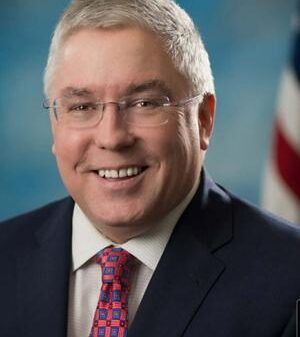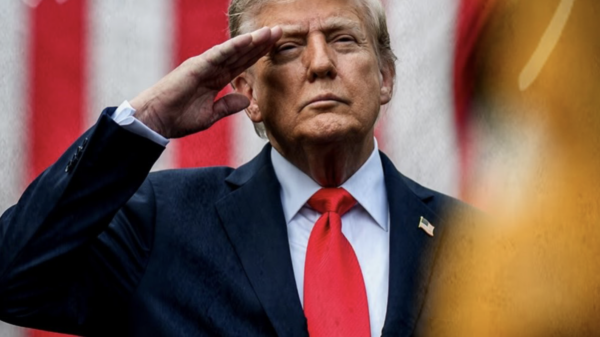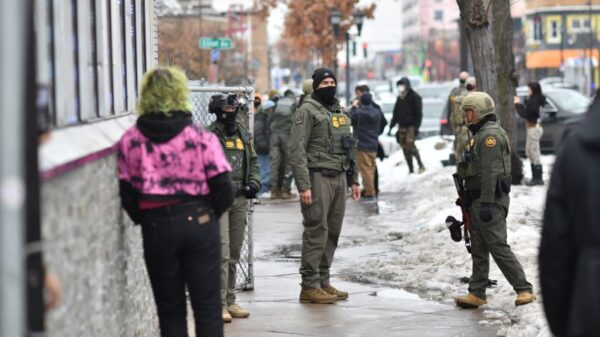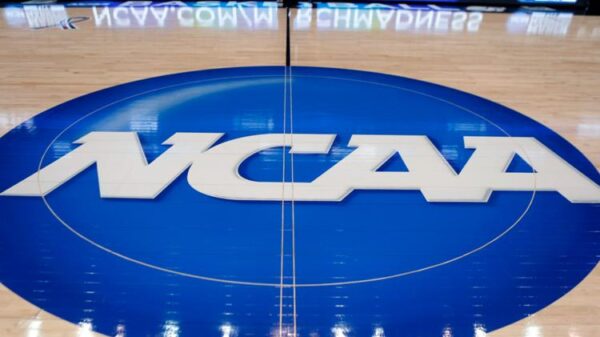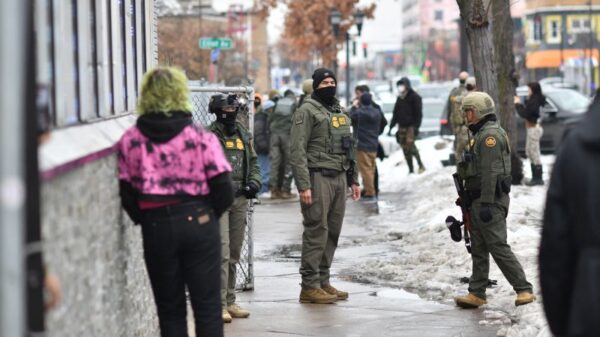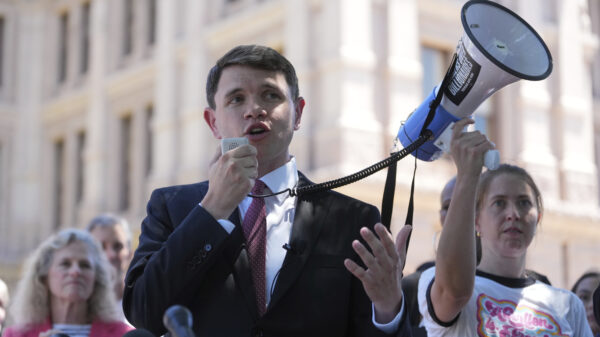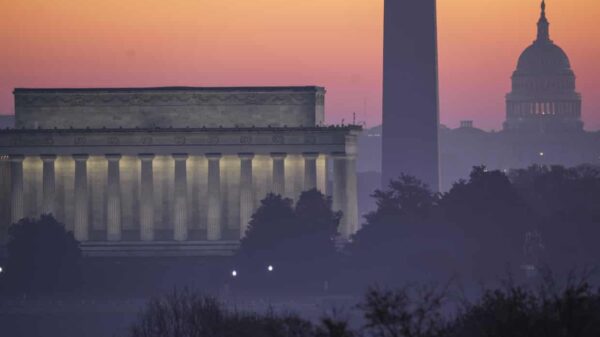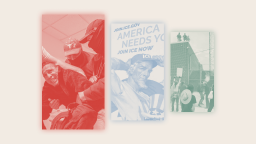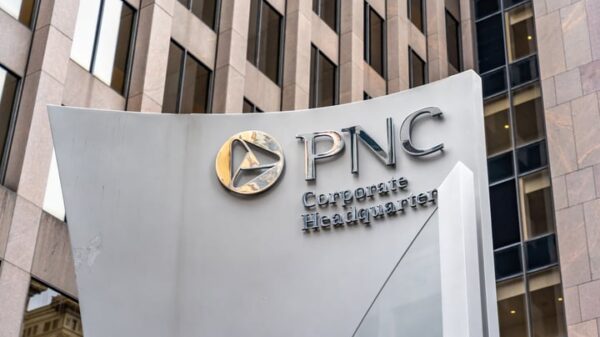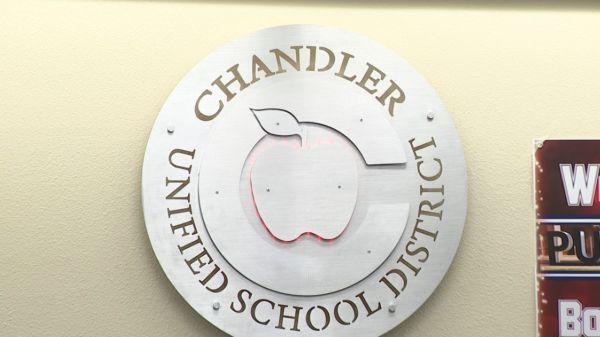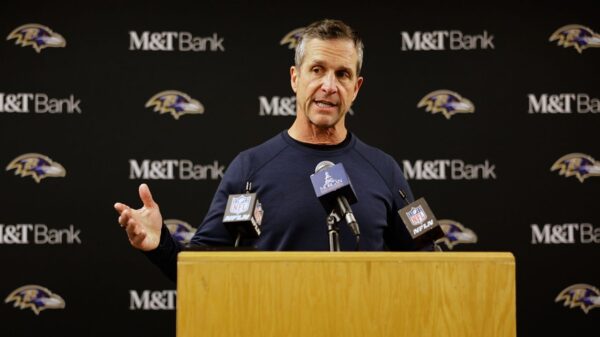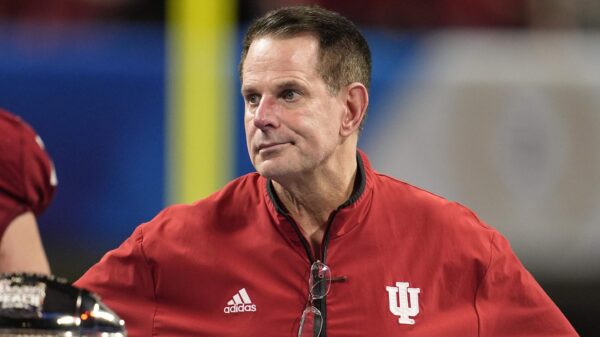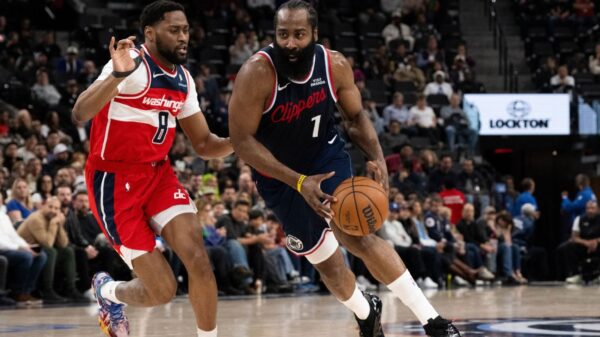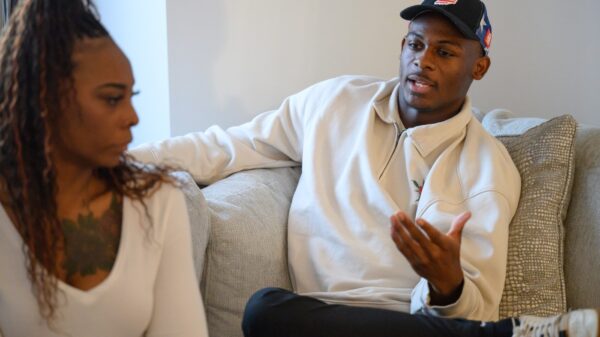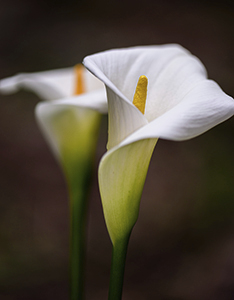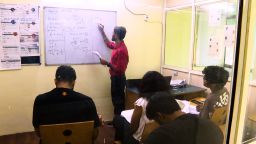UPDATE: A surge of anti-Indian sentiment has erupted online, targeting Indian Americans, including prominent figures within the GOP. Just last month, former FBI Director Kash Patel faced a torrent of racist backlash on social media following his Diwali greetings, highlighting a disturbing trend of rising hate against this community.
Responses to Patel’s post on X (formerly Twitter) featured severe bigotry, with comments like “Go back home and worship your sand demons” gaining thousands of impressions. This hostility has also been directed at other Indian American leaders, including Nikki Haley and Vivek Ramaswamy, reflecting a growing discomfort in segments of the political right towards Indian Americans, even those aligned with the MAGA movement.
Recent data reveals an alarming spike in anti-Indian posts, with the Center for the Study of Organized Hate recording nearly 2,700 instances of racism and xenophobia against Indians just in October 2023. This troubling trend coincides with a broader anti-immigrant sentiment fueled by political rhetoric, particularly surrounding the contentious H-1B visa program, predominantly utilized by Indian nationals.
As the political landscape shifts, figures within the MAGA coalition have increasingly suggested that America should be reserved for white Christians. Raqib Naik, founder of the Center for the Study of Organized Hate, notes that the rise of racist content has been exacerbated since Elon Musk acquired X, where once-moderated discussions are now amplified.
Over the past year, high-profile incidents have also surfaced offline. A city council member in Palm Bay, Florida, was censured for calling for the mass deportation of Indians, while protests in Irving, Texas, included slogans such as “Don’t India My Texas.” These events exemplify how online vitriol is spilling into real-life interactions, raising concerns for safety among Indian Americans.
Amid this troubling climate, prominent figures within the Indian American community, such as Dinesh D’Souza, have voiced alarm over the new wave of discriminatory rhetoric. D’Souza remarked, “In a career spanning 40 years, I have never encountered this type of rhetoric.” This growing anti-Indian sentiment is particularly pronounced during moments when India is prominently featured in the news, such as recent U.S.-India trade tensions or political appointments involving Indian Americans.
The emotional toll on the community is palpable. Stephanie Chan, director of Stop AAPI Hate, reports that individuals are increasingly worried about their safety, with conversations about acquiring Overseas Citizen of India (OCI) cards becoming more common. Recent accounts of harassment include threats to contact immigration authorities and public insults.
The White House has responded to concerns, with spokesperson Kush Desai affirming the Biden administration’s commitment to religious liberty and its relationship with Indian Americans. However, the mixed signals from right-wing leaders, including JD Vance, who has downplayed the significance of discriminatory remarks, contribute to an ongoing climate of fear and uncertainty.
Looking ahead, experts urge the Indian American community to reflect on their position within the broader landscape of racial solidarity. As Rohit Chopra, a professor at Santa Clara University, cautions, “This should serve as a kind of wake-up call — that racism directed at people of color and minority groups is not exempt from affecting you.”
As anti-immigrant rhetoric gains traction on the right, Indian Americans find themselves navigating a precarious landscape, where their success is met with hostility. The urgent need for awareness and action is clearer than ever as this pattern of discrimination threatens to escalate.
Stay tuned for more updates as this developing situation unfolds.


